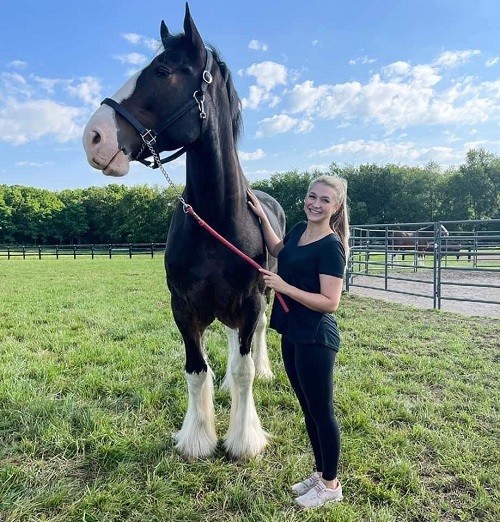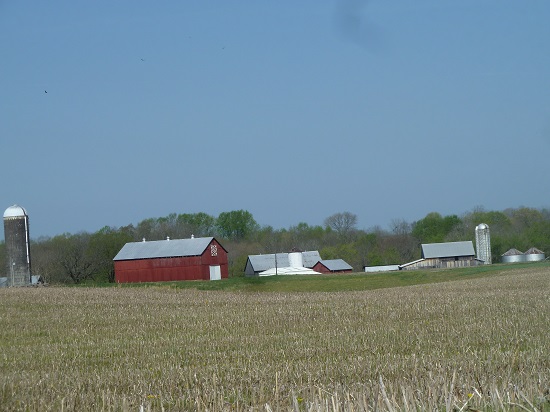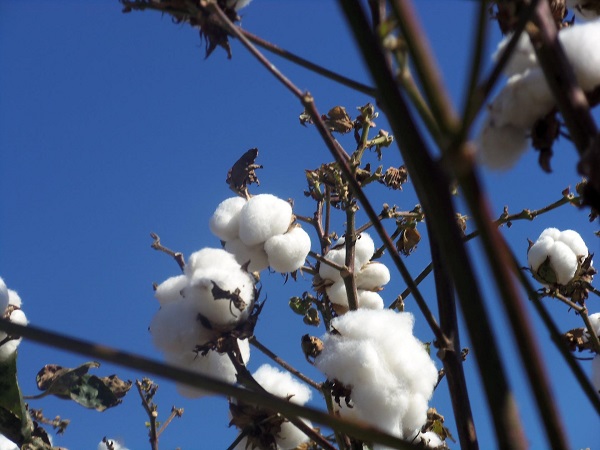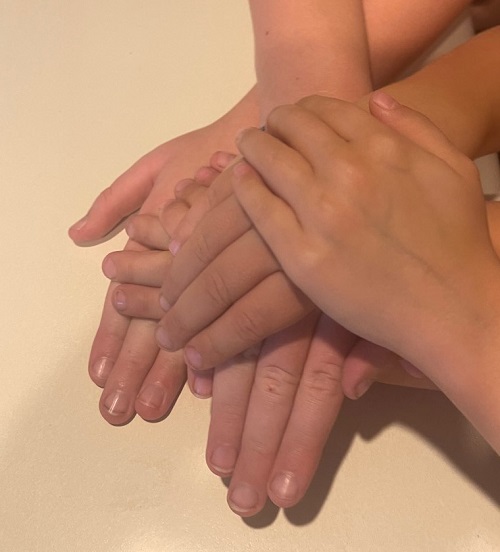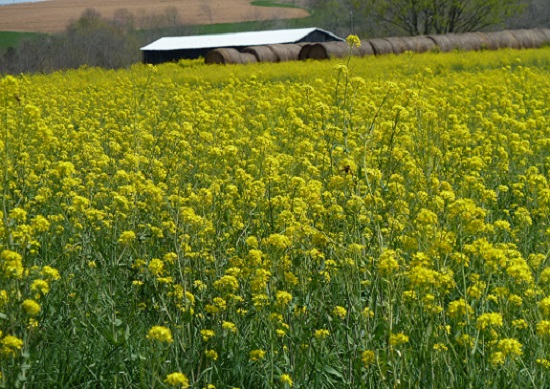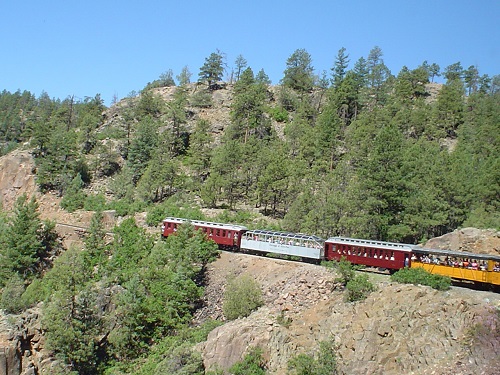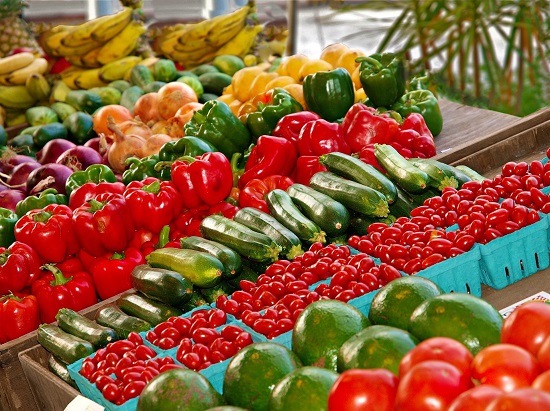Carbon Copy
 Young people probably have no experience making a carbon copy. During typewriter days, we placed carbon paper between two blank sheets of paper. We then rolled all three into the typewriter. What we typed on the top sheet copied to the bottom.
Young people probably have no experience making a carbon copy. During typewriter days, we placed carbon paper between two blank sheets of paper. We then rolled all three into the typewriter. What we typed on the top sheet copied to the bottom.
Carbon paper made great copies. However, it could also make great messes. If we were not careful, we would:
- Get ink on us and anything else it touched
- Smear our copies, which made them hard to read
A carbon copy is an exact duplicate.
Its details are precise. It:
- Looks the same
- Matches perfectly
- Reflects every feature
Like the bridge behind the tangled trees above, it is a spitting image. It remains faithful to the original in every way. If we see the copy, we understand the original.
We decide what we reflect.
Who or what influences us? Who or what do we influence? As with most of life, we choose. We then face the music – we live with the consequences of our choices.
We don’t always reflect perfectly.
Carbon paper smears. Water moves. When that happens, reflections wave. Images change.
Life gets messy. Like tangled trees, things get in our way. Yet, we keep trying. We keep working to reflect the best. In so doing, we improve.
“We can be mirrors that brightly reflect the glory of the Lord” (2 Corinthians 3:18 TLB).
Thanks to Laurel Blevins and Karen Hart for the suggestion.
Do you have an expression you want explained or a thought about this one? If so, please comment below.
Subscribe to receive my weekly posts by email and receive a free copy of “Words of Hope for Days that Hurt.”
If you enjoyed this post, please share it with your friends.

